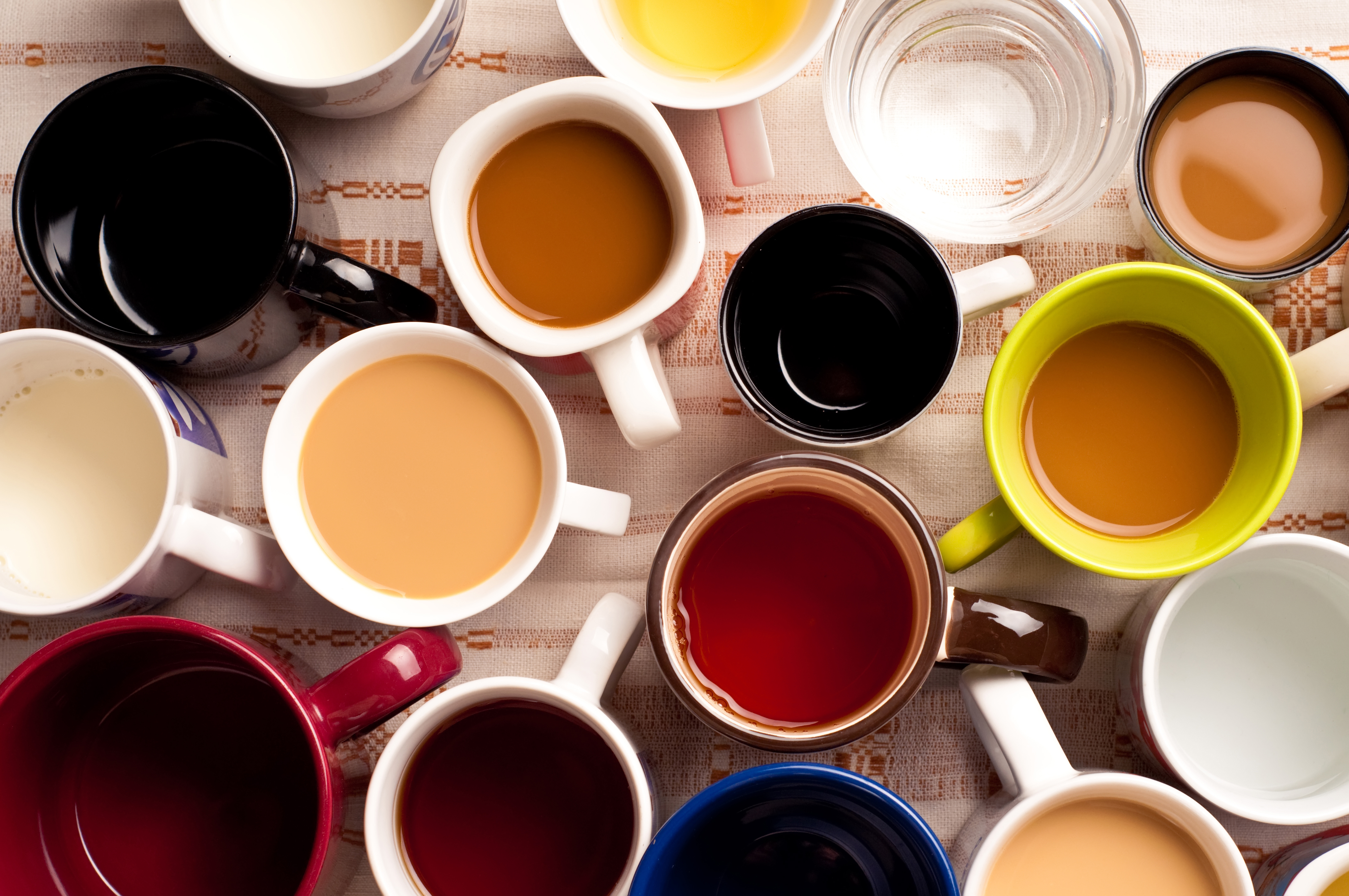Springing ahead for daylight savings may have you pouring an extra cup of coffee in the afternoon. It may not seem like a big deal, but do you ever wonder, “am I drinking too much caffeine?” There are so many forms of caffeine. You may be taking in more than you think!
When you think of caffeine, you probably think of coffee. But there are different forms of caffeine to keep you awake and energized.
Coffee. The amount of caffeine found in a cup of coffee varies based on the type of coffee, serving size, and bean. On average, you can expect to take in about 95 milligrams of caffeine from a single cup.
Tea. A cup of pure green tea usually contains around 25 milligrams of caffeine cup or an 8-ounce serving. Different varieties of tea have different caffeine content. Green tea has roughly 1/2 the amount of caffeine you’d find in a typical cup of black tea. There are options that are not caffeinated at all!
Soft Drinks. The average caffeine content of a can of soda is around 35 milligrams. There are a few options that don’t have any caffeine if you just enjoy the taste.
Energy Drinks. The highest option for caffeine, energy drinks have around 300 milligrams of caffeine per can.
How much is too much? Up to 400 milligrams (mg) of caffeine a day appears to be safe for most healthy adults. There are different guidelines for pregnant adults. That’s roughly the amount of caffeine in four cups of brewed coffee, ten cans of cola, or two “energy shot” drinks. Keep in mind that the actual caffeine content in beverages varies widely, especially among energy drinks.
If you’re wondering about your caffeine intake, there are physical warning signs to look out for. You may want to cut back if you find yourself drinking more than four cups of coffee or the equivalent. If you’re keeping track of how much you’re drinking, watch out for the following:
- Headaches
- Insomnia
- Nervousness
- Irritability
- Frequent urination or inability to control urination
- Fast heartbeat
- Muscle tremors
Even with the upper limit of 400 mg per day, it’s important to be aware that caffeine affects each person differently. The body’s metabolism and management of caffeine can be influenced by age, health status, medications, smoking, and even certain genetic variants.
There are other ways to feel energized without caffeine. Eating and sleeping regularly can give you more energy throughout the day. Eating more frequently fuels your body throughout the day. If you’re trying to replace caffeine, water is a great substitution. Especially because dehydration can make you feel tired, and you may not even realize that you are dehydrated in the first place.
Whether you drink a lot of coffee or a few cans of soda a day, moderation is key to a healthy lifestyle. If you’re concerned about your intake, consider switching your caffeinated drink with flavored water, decaf coffee, or caffeine-free soda.




